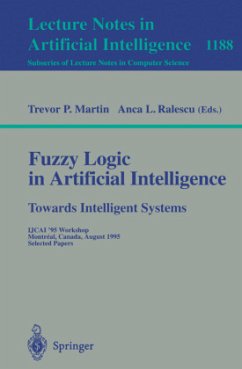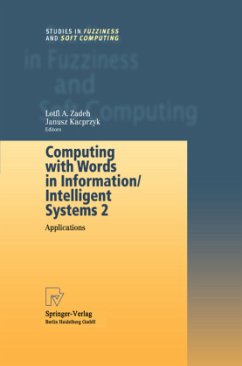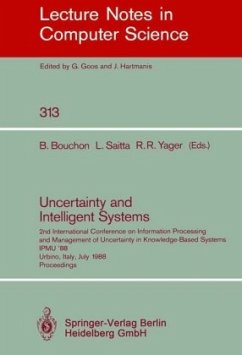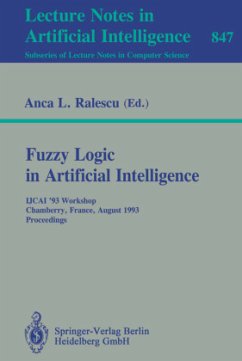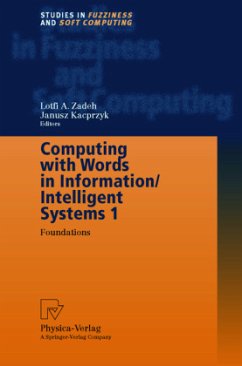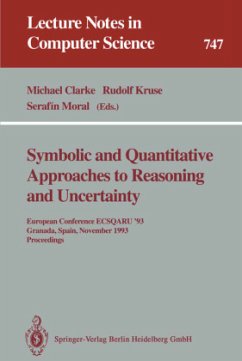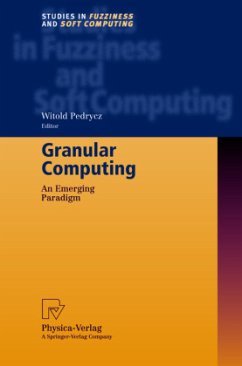
Technologies for Constructing Intelligent Systems 2
Tools
Herausgegeben: Bouchon-Meunier, Bernadette; Gutierrez-Rios, Julio; Magdalena, Luis; Yager, Ronald R.

PAYBACK Punkte
58 °P sammeln!
Intelligent systems enhance the capacities made available by the Internet and other computer-based technologies. This book is devoted to various aspects of the management of intelligent systems. Particular attention is paid to situations in which the available information and data may be imprecise, uncertain, incomplete or of linguistic nature. Various methods developed to manage such information are discussed in the context of several domains of application. Topics included in the book include preference modelling and decision making, learning, clustering and data mining, information retrieva...
Intelligent systems enhance the capacities made available by the Internet and other computer-based technologies. This book is devoted to various aspects of the management of intelligent systems. Particular attention is paid to situations in which the available information and data may be imprecise, uncertain, incomplete or of linguistic nature. Various methods developed to manage such information are discussed in the context of several domains of application. Topics included in the book include preference modelling and decision making, learning, clustering and data mining, information retrieval. The paradigm of computing with words is also addressed.







